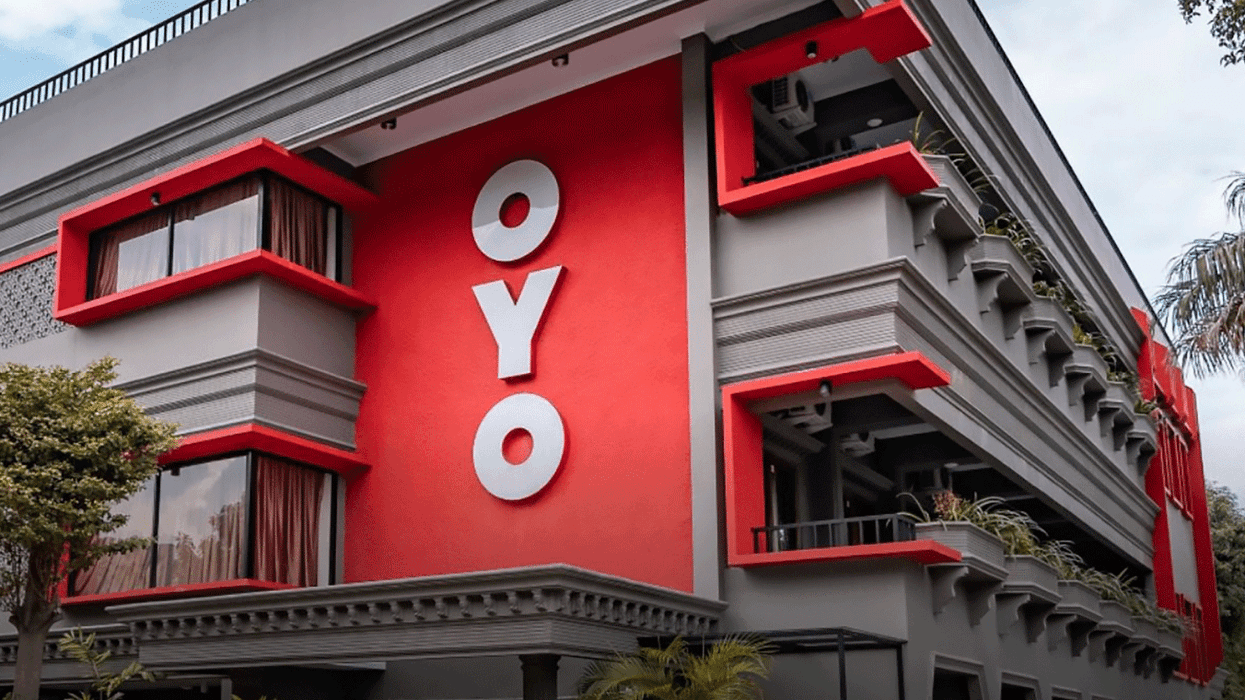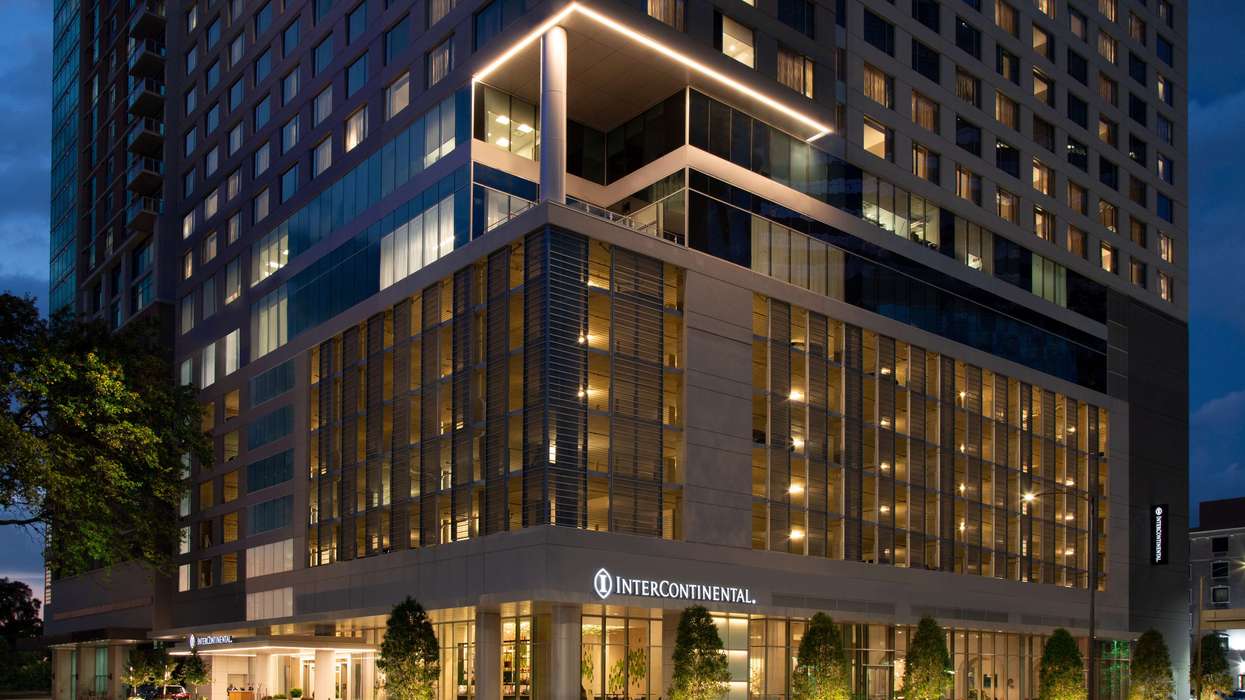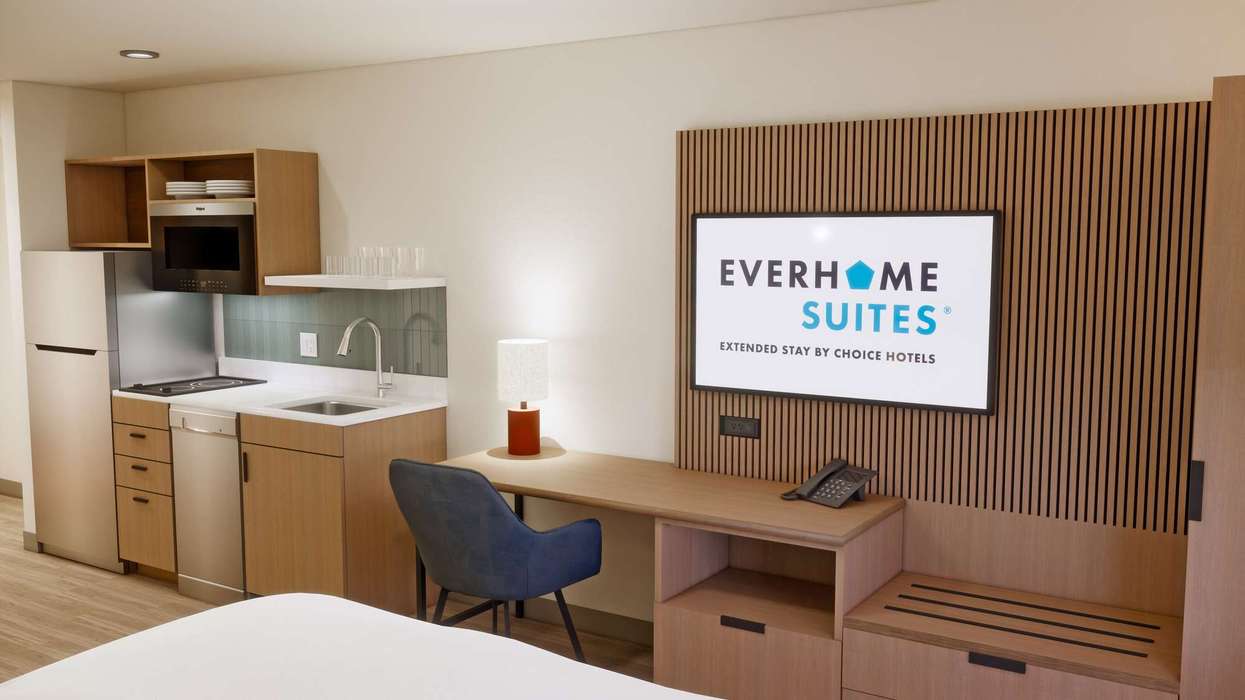NOVEMBER GAVE U.S. hoteliers little cause to be thankful as performance dropped from the previous month. The third week of December also saw decreases.
Occupancy for November averaged 40.3 percent, down from 48.3 percent in October and a 34.5 percent drop from the previous year. ADR for the month was $90.92 compared to $97.61 the previous month and down 27.7 percent from last year. RevPAR was $36.67, down from $47.13 in October and 52.6 percent from 2019.
Out of STR’s top 25 markets, Oahu Island, Hawaii, saw the lowest November occupancy level at 22.6 percent, a 72.4 percent decline from the prior year. The island also had the highest ADR, $167.49, which still was down 26.7 percent year-over-year. Eight other markets posted ADR above $100.
Phoenix, Arizona, had the highest occupancy for the month, 49.6 percent, down 31.3 percent year over year. The next highest occupancy was in Tampa/St. Petersburg, Florida, with 48.8 percent and Atlanta with 46.5 percent.
Overall, the top 25 markets showed lower occupancy but higher ADR than all other markets.
Similar performance was seen during the week ending Dec. 19, when occupancy reached 36.8 percent, down from 37.8 percent the week before and a 26.4 percent year-over-year decline. ADR was $85.50 compared to $85.88 the previous week and down 21.9 percent from the previous year. RevPAR was $31.45, three cents less than the prior week’s $32.49 and 42.5 percent less than the previous year.
The industry also surpassed one billion unsold room nights for the first time on record.
Occupancy for the top 25 markets together was 34.9 percent, lower than all other markets, while ADR at $90.00 was higher. Oahu Island had the lowest occupancy among the top 25 markets for that week, again, 21.6 percent, followed by Minneapolis/St. Paul, Minnesota-Wisconsin with 23.9 percent.
Tampa/St. Petersburg held the highest occupancy, 45.4 percent.





